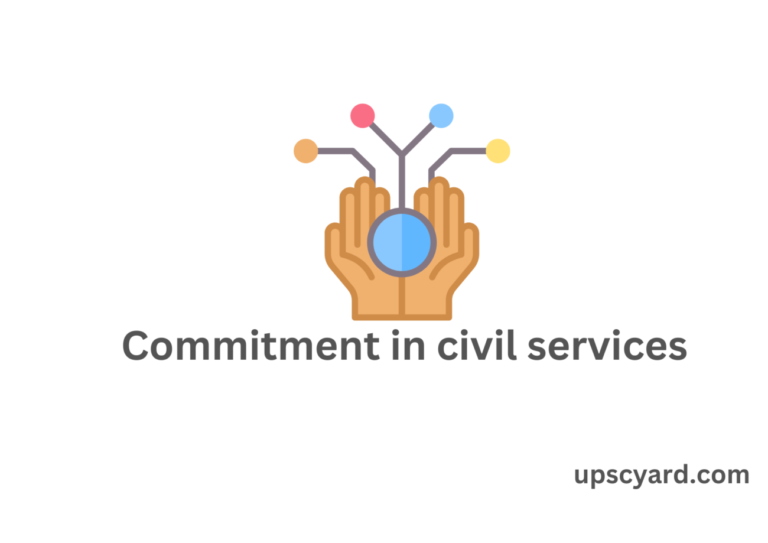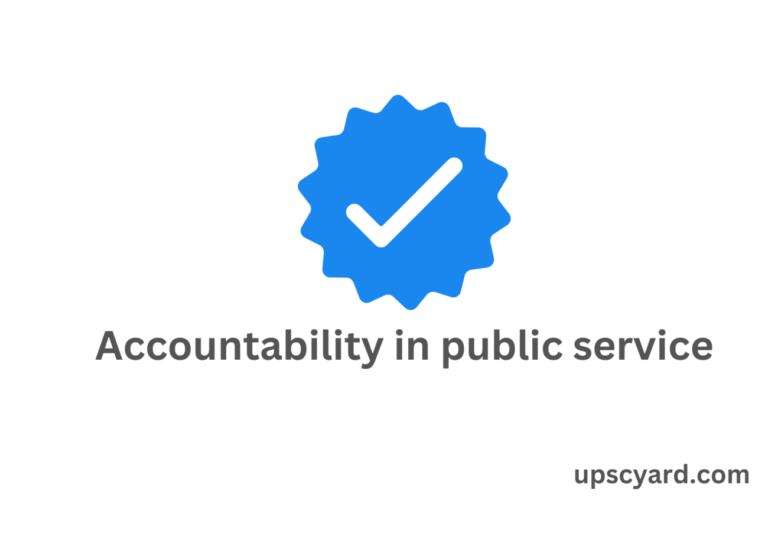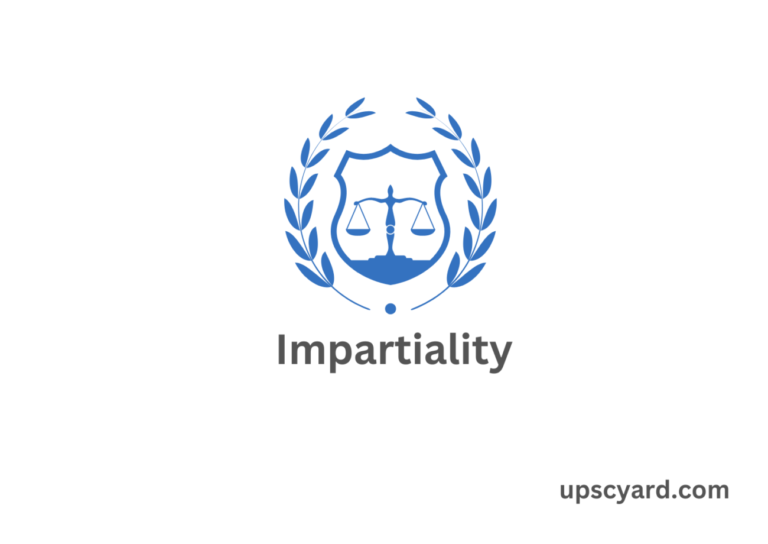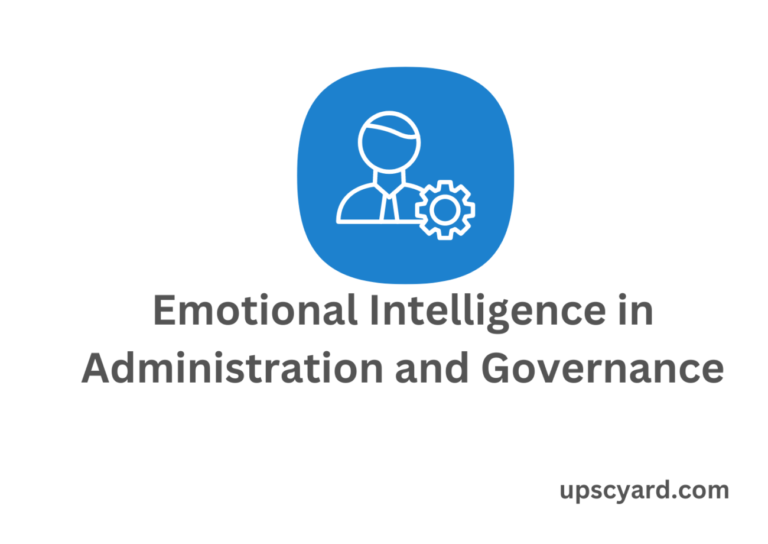Social Justice in the Indian Context
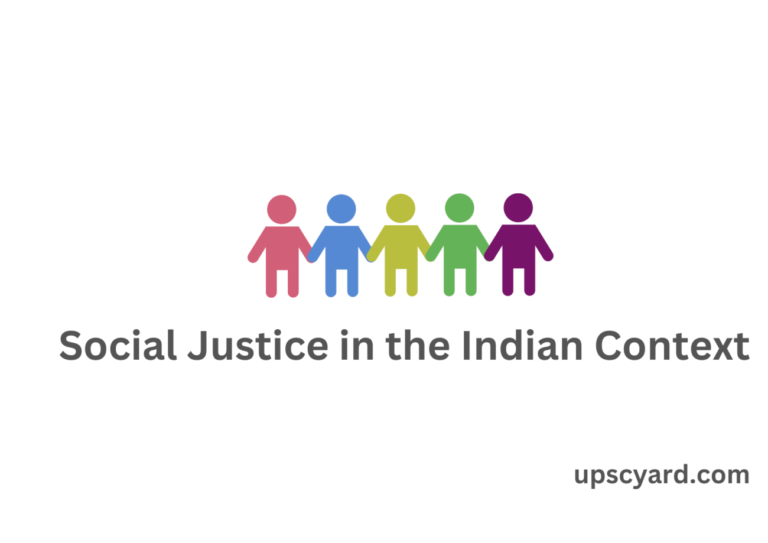
Social Justice in the Indian Context Social Justice Social justice is a comprehensive concept encompassing the fair distribution of both material and moral advantages within a society. It represents a progressive ideology and a model for development. The Indian Constitution,…

